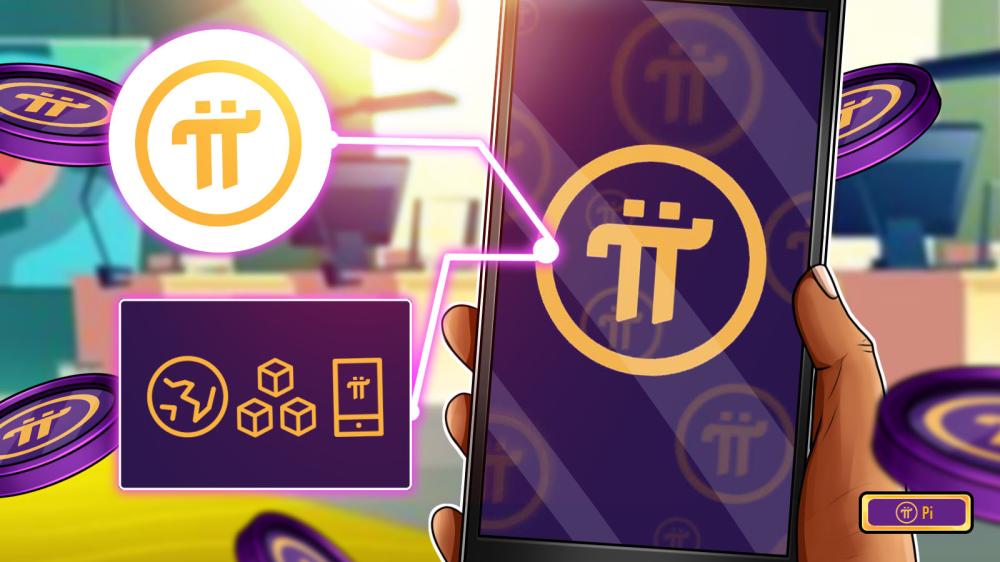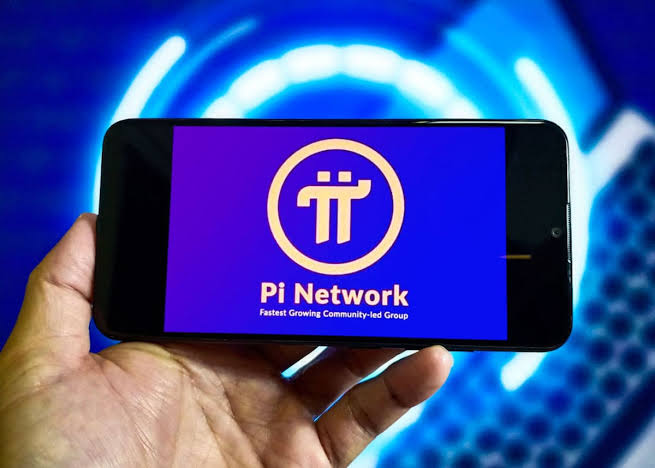With the mainnet launch finally becoming a success, SidraBank must not let the P2P verification hurdle slow them down. In my view and opinion, the Dev Team should quickly reach out to esteemed Islamic scholars and financial experts from various regions to seek guidance on developing a Sharia-compliant solution that will make their P2P verification method very unique and different from the ones being used by other Blockchains.
In cryptocurrency, P2P (peer-to-peer) verification refers to the process of validating transactions on a decentralized network through consensus among network participants, typically achieved through consensus algorithms like Proof of Work (PoW) or Proof of Stake (PoS). In a P2P verification system, there is no central authority; instead, nodes in the network work together to confirm the validity of transactions.
In a PoW system, miners compete to solve complex mathematical problems, and the first one to solve it gets the right to add a new block to the blockchain. This process ensures that transactions are valid and prevents double-spending.
In a PoS system, validators are chosen to create new blocks based on the amount of cryptocurrency they hold and are willing to “stake” as collateral. This method aims to achieve consensus while minimizing the computational power required in comparison to PoW.
Both systems provide a decentralized and trustless way of verifying transactions, enhancing the security and reliability of cryptocurrencies.
So, recognizing the complexity of navigating and creating a unique Islamic finance within the realm of decentralized technology, SidraBank should Initiate a dialogue with prominent thought leaders within the confined of the project’s vision. This consultative approach will demonstrate their commitment to building a platform that reflects the diverse interpretations and nuances of Islamic principles. Yes, it will delay the process but when finally done, it will give it more uniqueness and also add a layer of value to its native token ($SIDRA).
Exploring Alternative Strategies
Several promising avenues available and should be explored, each offering unique advantages and challenges though. Some key considerations should be:
- Zero-knowledge proof systems: These cryptographic techniques could verify user identities without revealing personal information, potentially mitigating concerns about interest-based mechanisms.
- Community-based reputation systems: Leveraging the power of the Muslim community, decentralized reputation systems could incentivize ethical behavior and facilitate trust-based verification.
- Hybrid models: Combining traditional KYC practices with blockchain technology could offer a comprehensive approach, ensuring regulatory compliance while adhering to Islamic principles.
Openness to Feedback and Collaboration
Although SidraBank has long embraced a transparent approach, sharing their progress and inviting feedback from the broader community should not be ignored at this point. This openness will continue to foster trust and give room for constructive criticisms, ensuring the final solution reflects the needs and concerns of its intended users.
If SidraBank successfully tackles the P2P verification challenge, the impact could be profound. It could:
- Empower the unbanked Muslim population: Provide Muslims worldwide with access to secure and ethical financial services, regardless of their geographical location. And this happens to be the original ideology behind this great project.
- Boost financial inclusion: Promote financial literacy and economic development within Muslim communities worldwide.
- Bridge the gap between tradition and innovation: Demonstrate how advanced technology can be harnessed to uphold Islamic values and principles.
These P2P verification systems contribute to the security and decentralization of cryptocurrencies in several ways. By distributing the responsibility for transaction verification across a network of participants, the risk of a single point of failure or manipulation is reduced.
P2P verification also aligns with the foundational principles of cryptocurrencies, such as transparency and censorship resistance. Transactions are openly recorded on the blockchain, visible to all participants, and the decentralized nature of the network makes it resistant to censorship or control by any single entity.
P2P verification also aligns with the foundational principles of cryptocurrencies, such as transparency and censorship resistance. Transactions are openly recorded on the blockchain, visible to all participants, and the decentralized nature of the network makes it resistant to censorship or control by any single entity. Read More
Caution: This piece is just my opinion and not the project’s roadmap, so therefore, users must not mistake this write-up as what the Sidrabank team plans to embark on.

















https://ice.io/@kanest
https://m.avive.world/register/?vcode=90j24b
https://www.btcs.love/invite/6yygn
https://www.facebook.com/profile.php?id=61553953190005&mibextid=ZbWKwL
투명학고 공개적인 운영의
씨스템은 우리의 목적 달성에
전채굴자가 함께 하는데
도움이 될것입니다.
채굴자 모두가 빠지지 않고
시드라 뱅크의 역사에 참여
할수있는 기회가 되길 빕니다.
많은 가르침이 있도록 지도
바랍니다.
Mine Pi for free on your phone! I am sending you 1π! Pi is a new digital currency developed by Stanford PhDs, with over 47 million members worldwide. To claim your Pi, follow this link https://minepi.com/yajer72 and use my username (yajer72) as your invitation code.